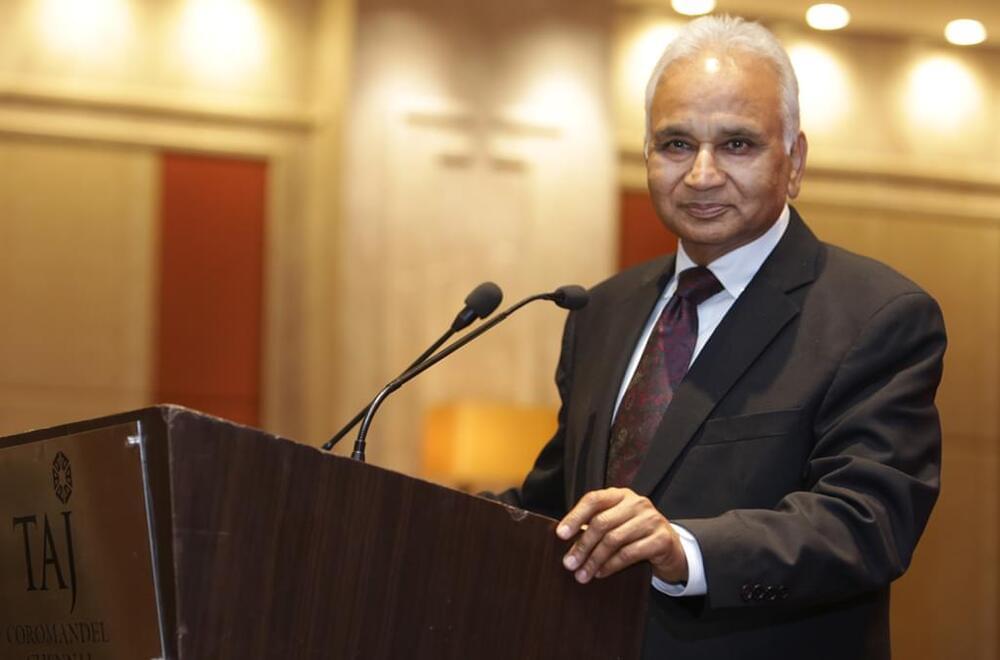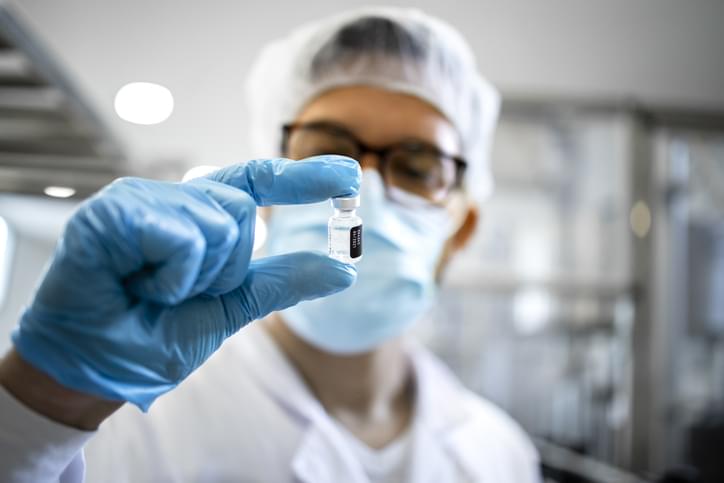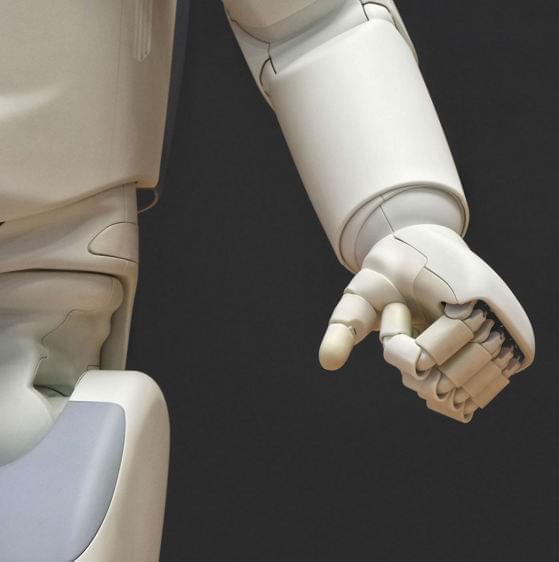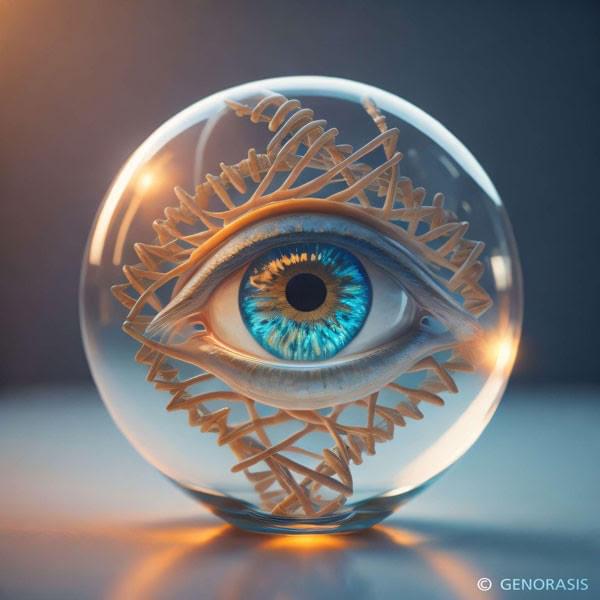As the Indian healthcare sector increasingly adopts robotic surgery, Dr. Mahendra Bhandari, the CEO of the US-based Vattikuti Foundation and a prominent advocate for robotic surgery, highlights the growing presence of various surgical robots from multiple vendors. He underscores the rising number of trained doctors and the commitment of both government and corporate hospitals to invest in surgical robots across the country.
The Vattikuti Foundation, founded by Indian American entrepreneur and philanthropist Raj Vattikuti, serves communities in Michigan, USA, and India. It initiated the Vattikuti Urology Institute at Henry Ford Health in Detroit, Michigan, in 1997 and has since evolved into an international organisation promoting excellence in robotic surgery through various avenues.
In an exclusive interview Dr. Jayati Dubey, DHN, speaks to Dr. Bhandari on the expanding scope of robotic surgery in India.




